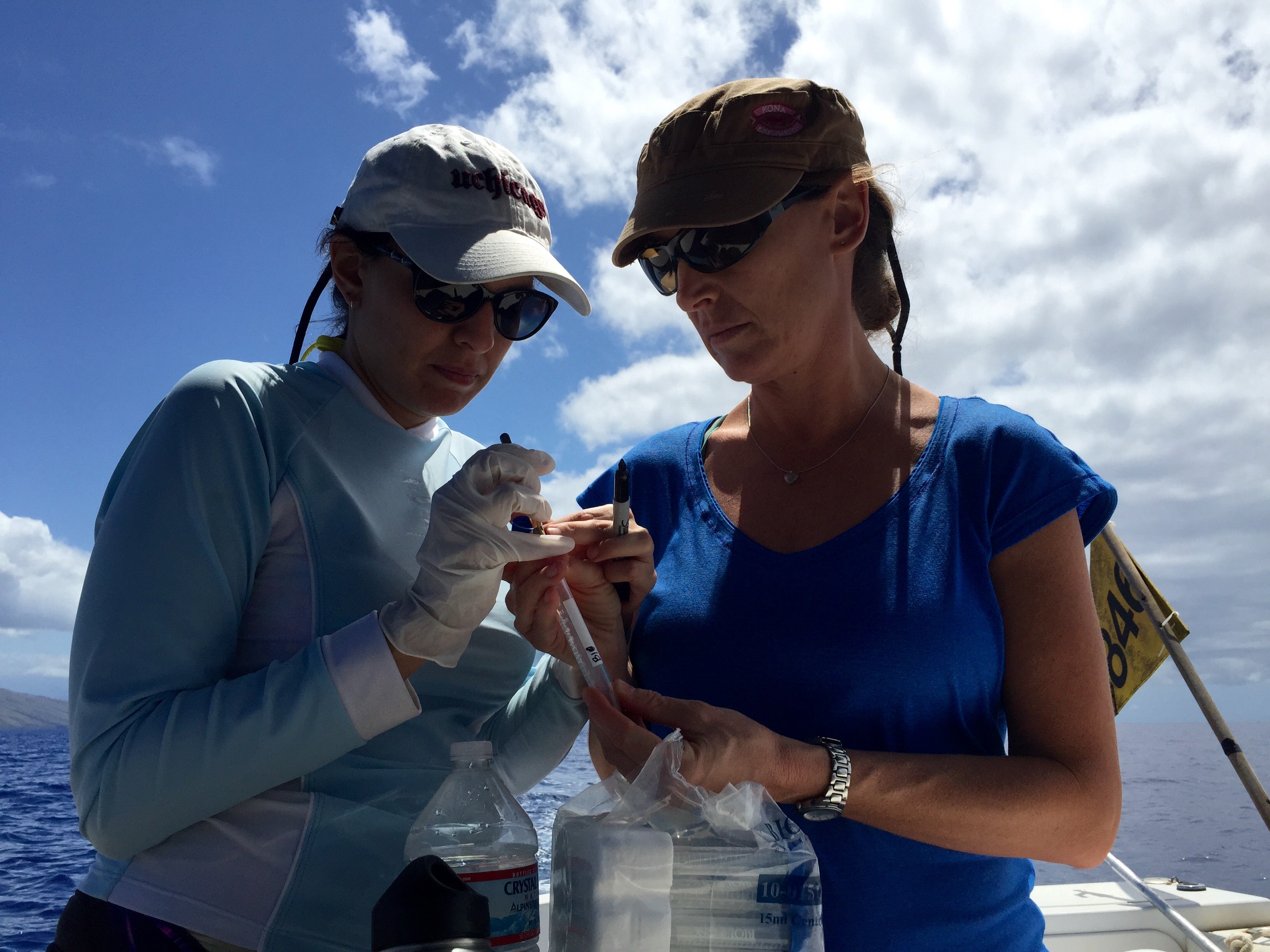There is a lot of scientific knowledge in the world, but very little of that knowledge is readily available to people who make decisions about things like water use, farming practices or waste disposal. Such decisions affect plant and animal life and can have far-reaching consequences for human well-being.
That’s why the United Nations has formed an Intergovernmental Platform on Biodiversity and Ecosystem Services (IPBES), naming as coordinating lead author Arizona State University professor Leah Gerber, founding director of ASU’s Center for Biodiversity Outcomes, a partnership between the Julie Ann Wrigley Global Institute of Sustainability and the School of Life Sciences.
IPBES is a panel of scientists who will review the massive body of scientific literature around biodiversity and ecosystem services and organize the combined knowledge into a report that is relevant and accessible to decision makers. The first authors’ meeting takes place in Bonn, Germany, Aug. 15-19.
Before she left, Gerber answered some questions on why biodiversity is important in our lives.
Leah Gerber (right and at top of story) and one of her doctoral students, Yaiyr Astudillo-Scalia, process a biopsy sample from a humpback whale, collected last March off the west coast of Maui, Hawaii. Photos courtesy Leah Gerber
Question: What is your role in this United Nations initiative?
Answer: My role will be to ensure that the best available scientific data is pulled together in a way that can be used in global policy on managing biodiversity and ecosystem services.
Q: Why is this work important?
A: Biodiversity is being depleted at unprecedented rates, reducing our stocks of natural capital and the ecosystem services provided by nature. Every day, governments and other actors around the world are making decisions which affect the biosphere with profound implications for human well-being. All UN Sustainable Development Goals depend on biodiversity.
Q: What is biodiversity?
A: Biodiversity is the variety of life on Earth, from microbes to plants to animals, scaling from genes to species to ecosystems to communities. And humans rely on the services provided by biodiversity.
Q: You’re a marine conservation biologist. Why is the ocean important to humans?
A: The ocean is not just a beautiful place that we like to visit. It's central to humans and our well-being. For example, the ocean makes up about 70 percent of the total space on Earth, providing the primary source of protein to about 3 billion people.
The ocean also absorbs about 30 percent of the emitted carbon dioxide. But the current rate of absorption is causing chemical reactions, called ocean acidification, that lead to coral bleaching and a loss of marine habitat.
There's also a huge diversity of life in the ocean. The best estimate is about 200,000 species. That's an underestimate because we think that there might be closer to a million species. We are discovering new ones every day. And that, obviously, is important to humans because of the potential for new pharmaceuticals and medicines in this life that we have yet to fully explore.
Q: We live in Arizona. What can we do to protect the oceans?
A: Regardless of where we live, we can contribute to ocean conservation in choices about what we eat. Many fish stocks — some estimates put it at about 50 percent of the world stocks — are depleted, so we want to be careful about making choices so that we can allow these stocks to recover. And it turns out that large, long-living fish are also laden with toxins such as mercury. There are a number of apps available out there that provide up-to-date information on both health and sustainability.
Another major issue that I think we, as consumers, can do to help the ocean is to minimize our use of plastics. A recent study estimated that there are more plastics in the ocean than fish. Because there is so much plastic and it takes so long to break down, most seafood that we're consuming has trace levels of microplastics. I think that problem must be tackled from the consumer end — in saying no to plastics, we can demonstrate that there is no demand for plastics.
Q: What is a change you’ve seen that gives you hope?
A: Despite the tremendous impacts humans have had on ocean health — in depletion of fisheries, ocean acidification, plastic pollution — there are rays of hope. For example, there's now demonstrated evidence that establishment of marine protected areas leads to recovery of fish stocks. Reserves increase diversity, average organism size and population growth, which improves fishery productivity outside of the protected area. That's one example of a management strategy that is effective. I think we need to look for those bright spots in planning for the future.
Gerber is attending the first IPBES authors’ meeting this week in Bonn, Germany — follow #GlobalAssessment all week on Twitter. The IPBES advises the United Nations and 100-plus participating nation states, analogous to the Intergovernmental Panel on Climate Change (IPCC) in terms of global policy reach. In September, Gerber will travel to Hawaii for the World Conservation Congress of the International Union for the Conservation of Nature, the world’s largest conservation event. Held every four years, the IUCN World Conservation Congress helps shape the direction of conservation and sustainable development.
More Science and technology

ASU researcher part of team discovering ways to fight drug-resistant bacteria
A new study published in the Science Advances journal featuring Arizona State University researchers has found vulnerabilities in certain strains of bacteria that are antibiotic resistant, just…

ASU student researchers get early, hands-on experience in engineering research
Using computer science to aid endangered species reintroduction, enhance software engineering education and improve semiconductor material performance are just some of the ways Arizona State…

ASU professor honored with prestigious award for being a cybersecurity trailblazer
At first, he thought it was a drill.On Sept. 11, 2001, Gail-Joon Ahn sat in a conference room in Fort Meade, Maryland. The cybersecurity researcher was part of a group that had been invited…

